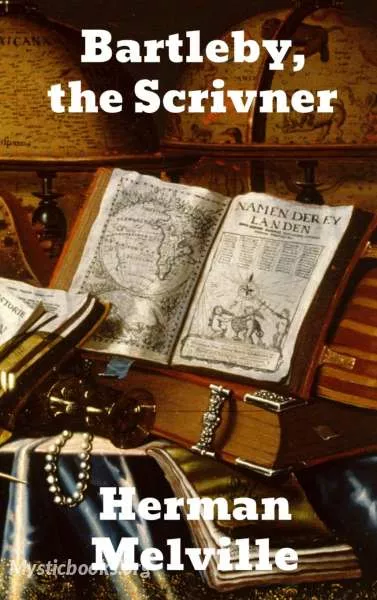
Bartleby the Scrivener
'Bartleby the Scrivener' Summary
The narrator is an unnamed elderly lawyer who works with legal documents and has an office on Wall Street. He already employs two scriveners, Turkey and Nippers, to copy legal documents by hand, but an increase in business leads him to advertise for a third. He hires the forlorn-looking Bartleby in the hope that his calmness will soothe the other two, each of whom displays an irascible temperament during an opposite half of the day. An office boy nicknamed Ginger Nut completes the staff.
At first, Bartleby produces a large volume of high-quality work, but one day, when asked to help proofread a document, Bartleby answers with what soon becomes his perpetual response to every request: "I would prefer not to." To the dismay of the narrator and the irritation of the other employees, Bartleby begins to perform fewer and fewer tasks and eventually none, instead spending long periods of time staring out one of the office's windows at a brick wall. The narrator makes several attempts to reason with Bartleby or to learn something about him, but never has any success. When the narrator stops by the office one Sunday morning, he discovers that Bartleby is living there and is saddened by the thought of the life the young man must lead.
Tension builds as business associates wonder why Bartleby is always present in the office, yet does not appear to do any work. Sensing the threat to his reputation, but emotionally unable to evict Bartleby, the narrator moves his business to a different building. The new tenant of his old office comes to ask for help in removing Bartleby, and the narrator tells the man that he is not responsible for his former employee. A week or so after this, several other tenants of the narrator's former office building come to him with their landlord because Bartleby is still making a nuisance of himself; even though he has been put out of the office, he sits on the building stairs all day and sleeps in its doorway at night. The narrator agrees to visit Bartleby and attempts to reason with him. He suggests several jobs that Bartleby might try and even invites Bartleby to live with him until they figure out a better solution, but Bartleby replies that he would "prefer not to make any change" and declines the offer. The narrator leaves the building and flees the neighborhood for several days in order not to be bothered by the landlord and tenants.
When the narrator returns to work, he learns that the landlord has called the police, who have arrested Bartleby and imprisoned him in the Tombs as a vagrant. He goes to visit Bartleby, who spurns him, and bribes a cook to make sure Bartleby gets enough food. The narrator returns a few days later to check on Bartleby and discovers him dead of starvation, having preferred not to eat.
Months later, the narrator hears a rumor that Bartleby had once worked in a dead letter office and reflects on how this might have affected him. The story ends with the narrator saying, "Ah Bartleby! Ah humanity!"
Book Details
Language
EnglishOriginal Language
EnglishPublished In
1853Authors

Herman Melville
United States
Melville's growing literary ambition showed in Moby-Dick (1851), which took nearly a year and a half to write, but it did not find an audience and critics scorned his psychological novel Pierre: or, T...
Books by Herman MelvilleDownload eBooks
Listen/Download Audiobook
- Select Speed
Related books

Για την Πατρίδα by Penelope Delta
“Για την Πατρίδα” is a captivating tale set against the backdrop of the Greek War of Independence. The story follows the lives of individuals who are...

Horla by Guy de Maupassant
An atmospheric and haunting tale of a man who becomes convinced that he is being stalked by an unseen presence. As strange events escalate, the man's...

Nouvelles histoires extraordinaires by Edgar Allan Poe
A collection of 30 tales of terror and the macabre by master of the genre, Edgar Allan Poe. This second volume of his "Histoires extraordinaires" incl...

The Crocodile by Fyodor Dostoyevsky
"The Crocodile" is a short story by Fyodor Dostoyevsky that was first published in 1865 in his magazine Epoch.
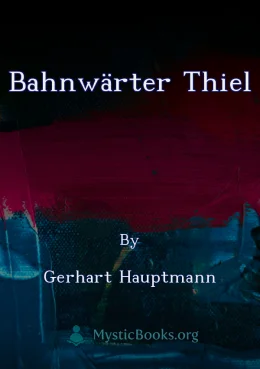
Bahnwärter Thiel by Gerhart Hauptmann
Bahnwärter Thiel is a poignant novella by Gerhart Hauptmann that explores the themes of isolation, inner conflict, and the struggle to cope with loss....
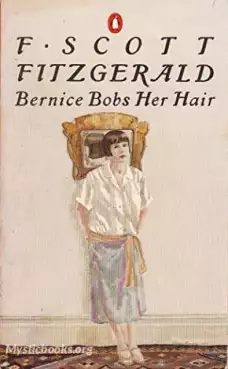
Bernice Bobs Her Hair by F. Scott Fitzgerald
"Bernice Bobs Her Hair" is a short story by F. Scott Fitzgerald. It was first published in May 1920 in the Saturday Evening Post. The original publica...
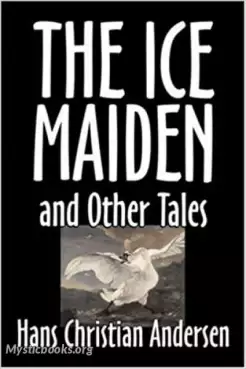
The Ice-Maiden: and Other Tales by Hans Christian Andersen
"The Ice-Maiden" is an 1861 literary fairy tale by the Danish writer Hans Christian Andersen. The first English translation was published by King and...
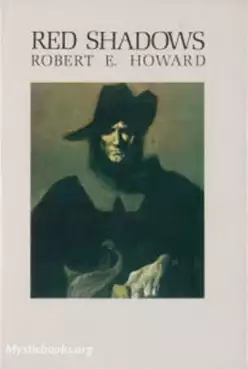
Red Shadows by Robert Ervin Howard
Red Shadows is the first of a series of stories featuring Howard’s puritan avenger, Solomon Kane. Kane tracks his prey over land and sea, enters the j...
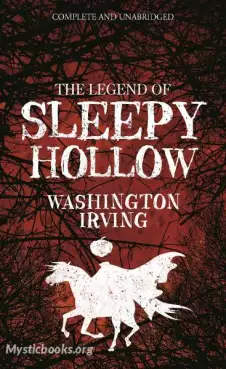
The Legend of Sleepy Hollow by Washington Irving
“The Legend of Sleepy Hollow” tells the story of Ichabod Crane, sent to investigate the mystery of the headless horseman. The story is set in 1790 in...

Dred, A Tale of the Great Dismal Swamp by Harriet Beecher Stowe
Dred: A Tale of the Great Dismal Swamp, published in 1856, is Harriet Beecher Stowe's second novel focused on the plight of enslaved people in the ant...
Reviews for Bartleby the Scrivener
No reviews posted or approved, yet...